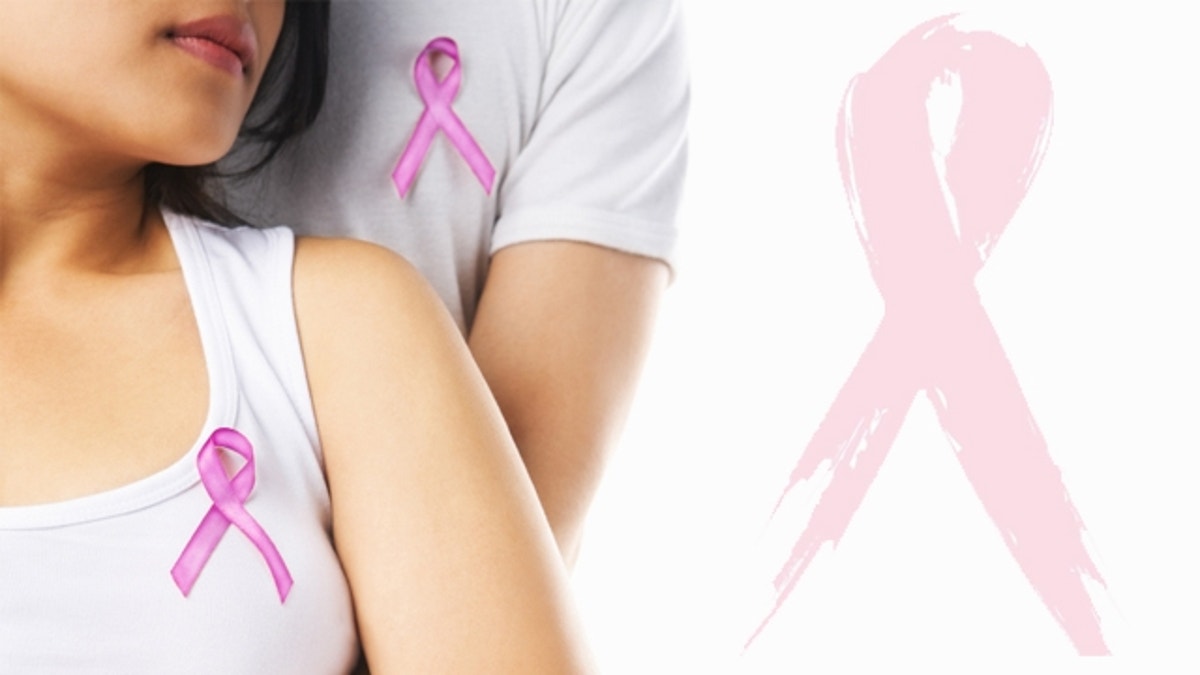
When you find out someone has breast cancer, it can be hard to know what to say. Even if you have the best of intentions, it's easy to blurt out something that's less-than-helpful.
"People don't mean to be insensitive," said Alyson Moadel, director of the psychosocial oncology program at Albert Einstein College of Medicine in the Bronx, New York. "The news just scares them, and they don't know the right thing to say."
While not every person will object to all of the following phrases, it's probably best to err on the side of caution and try to avoid these.
"My sister/mother/friend had breast cancer."
"Everyone's got a cancer story," said Dr. Dennis Citrin, author of “Knowledge is Power: What Every Woman Should Know About Breast Cancer.”
While hearing your friend's diagnosis may seem like a good time to share the hardships of others, you have to realize all breast cancer patients aren't alike.
"There can be subtle differences between the types of breast cancer that one person's experience may have no relevance for another," Citrin said.
Every individual breast cancer patient will have her own unique struggles to face, so avoid relating the negatives, or even positives, of someone else's condition.
RELATED: 10 Celebrities Who Battled Breast Cancer
"Are you going to lose your hair?"
Most women view hair as a link to femininity, and the idea you might lose it can be very hard to bear. Even for a patient who's already thinning up top, best not to make a comment related to hair at all.
"We all want to be told we look good," says Melanie Young, breast cancer survivor and author of “Getting Things Off My Chest: A Survivor's Guide to Staying Fearless and Fabulous in the Face of Breast Cancer.”
If you notice your friend is looking particularly nice one day, make it a point to let her know. Another good bet: invite her to test out some new makeup with you and turn it into a fun day of pampering.
"Will you lose your breasts?"
Having a mastectomy is not necessary in many cases, so don't assume it's the norm for every breast cancer patient.
"The new paradigm of treatment isn't focused on immediately sending patients to the surgeon," Citrin says.
Most doctors will biopsy the tumor before determining the best course of action. Emerging research indicates that 10-year survival rates are equal among bilateral mastectomy and lumpectomy with radiation patients, so you may begin hearing of fewer women having both breasts removed. Bottom line: She may not yet know whether or not she needs a mastectomy, so safer not to bring it up. On the flip side, you shouldn't try to make a mastectomy out to be positive either. "
I had people tell me, 'I wish my boob job was covered by insurance,'" Young said. "But do you wish you had cancer?"
RELATED: 22 Ways to Help a Friend With Breast Cancer
"Do you think hormone therapy or weight gain caused it?"
Like any type of cancer, there are many breast cancer risk factors that have been discovered from looking at patterns across large populations of women. But no one can say for sure what causes any individual's specific case. Sometimes DNA is damaged and cancer gets a start for no reason at all.
"A lot of people feel anxiety when someone they know is diagnosed with breast cancer, so they try to explain it away," said Dr. Marisa Weiss, a breast cancer survivor and director of breast radiation oncology at Lankenau Medical Center near Philadelphia and founder of Breastcancer.org.
Try to avoid a "what if" line of questioning.
RELATED: 25 Breast Cancer Myths, Busted
"Are you sure you want to try that treatment?"
When breast cancer patients are first diagnosed, some family members feel like they need to take control of the situation, Moadel said. That includes trying to make decisions when it comes to how they should take their medications or what treatments might be best. This is one area where the breast cancer patient really needs to call the shots.
"Cancer doesn't mean she'll want to stop doing the things most meaningful for her," Weiss said. No matter what treatment lies ahead for your loved one, keep in mind she ultimately know the best path for herself.
"You don't look sick."
Other people might try to downplay a loved one's condition, Moadel said. Making things out to be fine, however, isn't as uplifting as you'd think. Whether you're dealing with early stage or relapsed/recurrent breast cancer, it's still a scary thing.
“Treating their illness like a minor ailment doesn't touch on how they're truly feeling," Moadel said.
A person could be battling it for years to come, so you can't just push those fears aside. When a loved one is open to discussing their illness, don't be afraid to share the sadness with them and offer support when needed.
